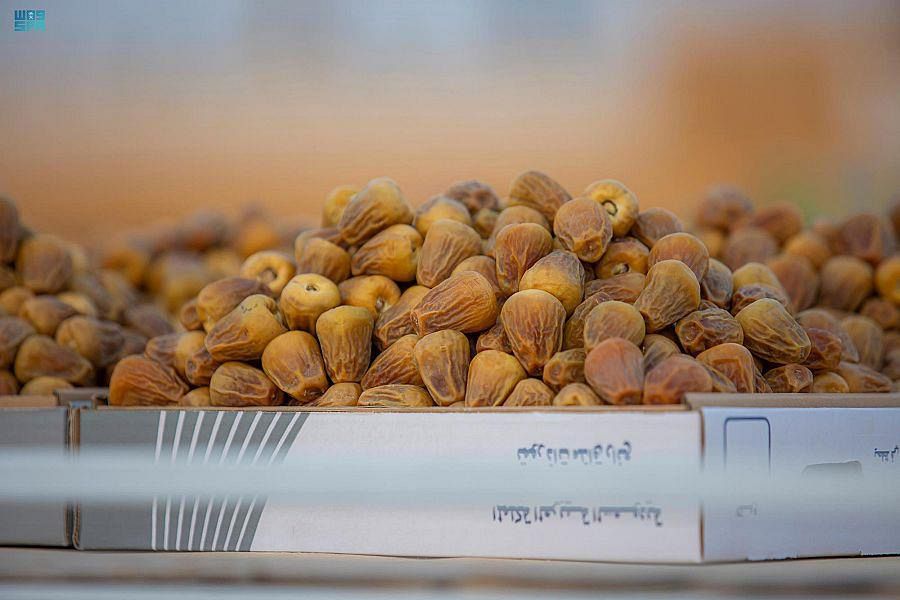
Local markets in Saudi Arabia’s Buraidah are filled with buyers looking to buy locusts, a seasonal delicacy.
As the demand for the popular local snack increases during the season, prices surge, with a 2 kg bag costing about SR500 ($133) or more, depending on buyers’ negotiating skills.
Khaled Al-Haidan, a customer at the market, said: “Some people eat locusts simply because their parents and grandparents used to eat it while others believe it to be a rich source of protein that helps keep one satiated for long periods of time.”
He added that before cooking, locusts are cleaned, washed and sprinkled with salt.
Dr. Awwad Al-Thaidi, a family consultant, told Arab News that Islamic law permits the consumption of locusts, which “are a living organism that exists like other animals.”
He said: “Locusts are rich in important nutrients needed by the human body, such as protein, calcium, magnesium and phosphorus.”
Al-Thaidi added that locusts are an active element of the ecosystem because they eat a range of plants, which gives them immunity and strength as they feed on both useful and useless trees.
“Locusts travel for long distances, carrying with them a nutritional diversity that the human body needs, giving you extracts of aromatic and medicinal plants.
“Locusts can also carry worms that are harmful to the human respiratory system … some of those worms are really found in the head of locusts,” he added.
Locust collected from farms sometimes carry pesticides, posing a danger to the health of consumers.












